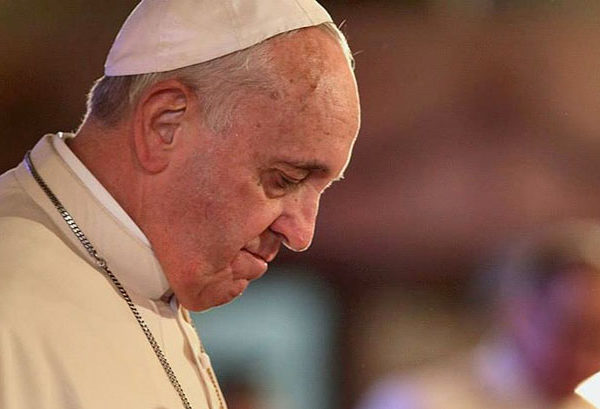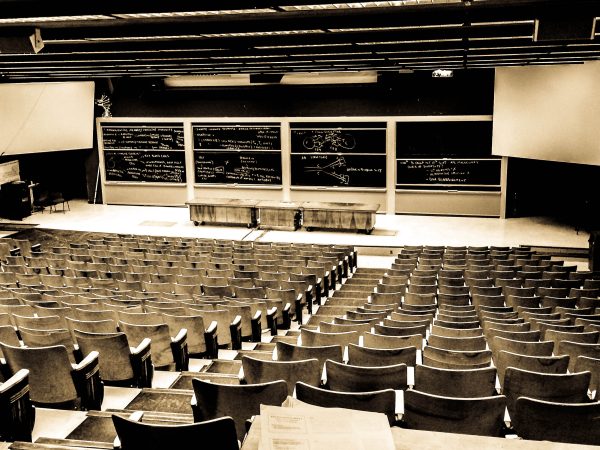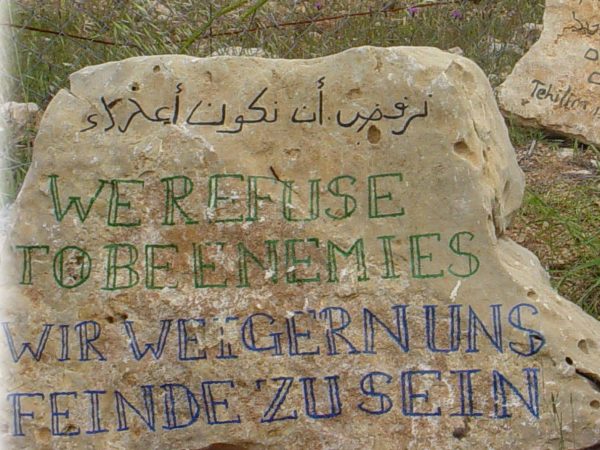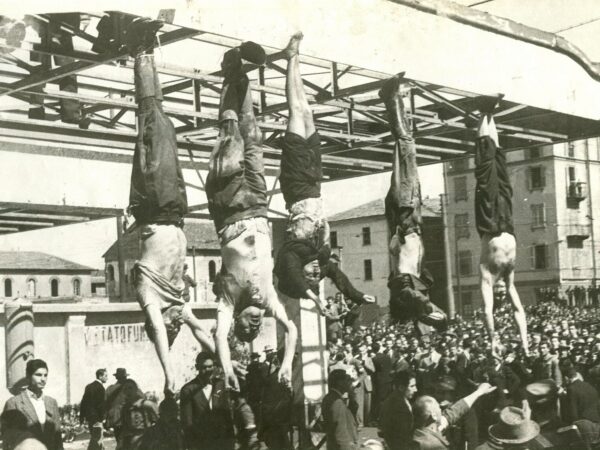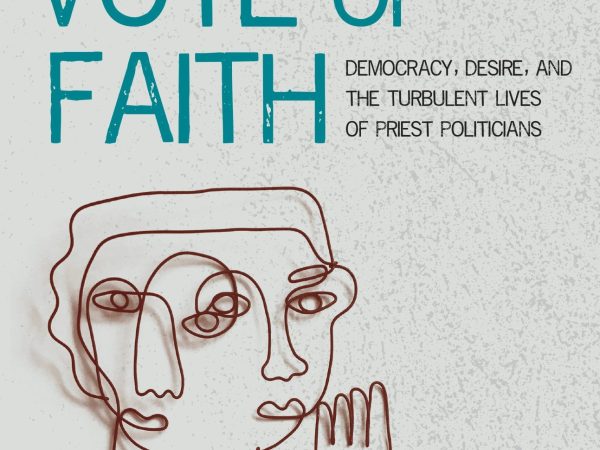
Priests, in order to become mayors, had to be viewed as lovers. So, the mayor-priest is a ‘lover’ in multiple senses. He has to embody God’s love. He has to perform paternal love. He has to signal to society that he is also, very likely – albeit in secret – to be a good sexual lover as well.

The language of ‘right to defense’ has been consistently deployed to legitimate Israel’s general military strategy and ongoing U.S. provision of weapons as its policy. Meanwhile, Pope Francis consistently calls for an end to the mass atrocity of war… Something drastically needs to change.

The virtues and practices include confronting the issue rather than the person, practicing forgiveness, tolerance, and reconciliation, embracing the enemy as a child of God, and protecting human dignity and the common good. It explores how the combination of CST and nonviolence can address human actions that sustain marginalization, racism, conflicts, oppression, domination, and diverse forms of social exclusion.

In turning away from more abstract debates about liturgy to those that center on its lived and material dimensions, we hope to enliven a conversation about ‘lived liturgy’ to consider what practices uphold, challenge, or fail to account for the global political order.
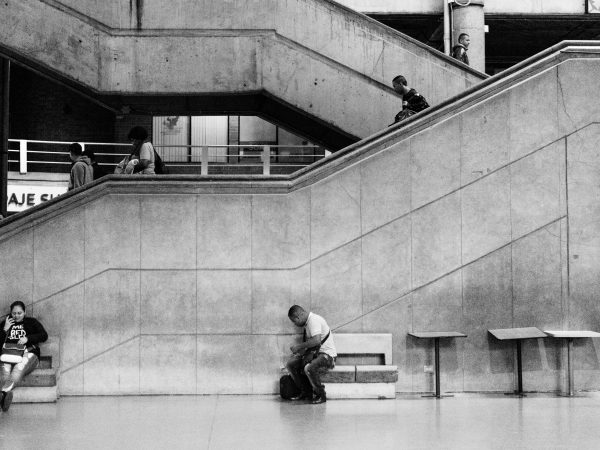
[P]romoting justice and defending human dignity need not only hinge on grand self-sacrificial gestures…. That social structures are sustained by social practices suggests that the everyday is consequential too and dispels the notion that smaller or more mundane acts are too paltry and thus powerless to effect the kind of structural change justice requires.

